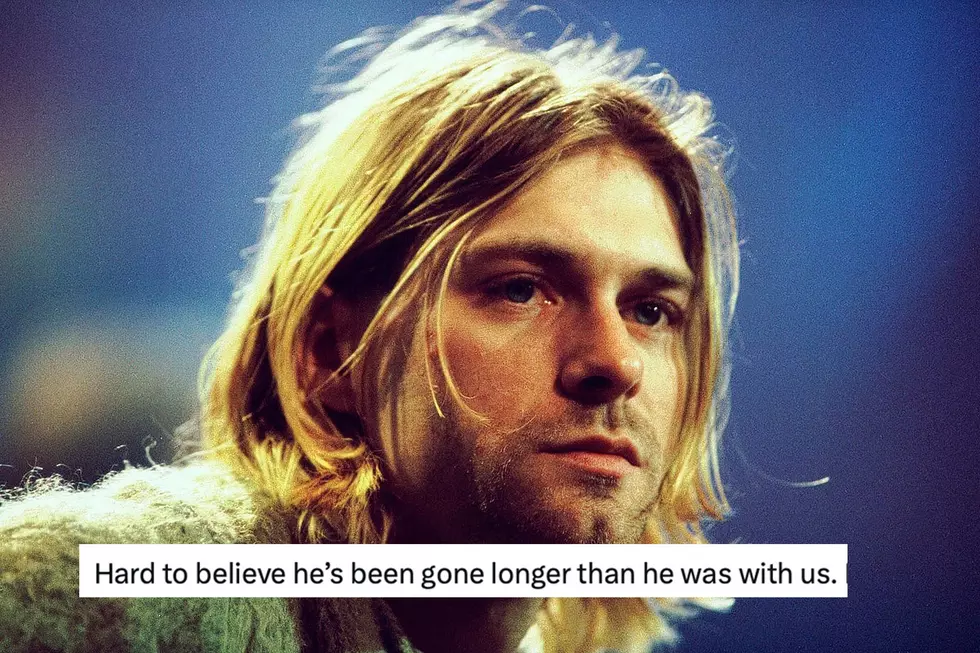
Steve Albini, Nirvana and Pixies Producer, Dead at 61
Steve Albini, the prolific producer and engineer who worked with Nirvana, Pixies and many others, has died of a heart attack at age 61. The news was confirmed to Pitchfork by the staff at Albini's Chicago-based studio, Electronic Audio.
In addition to his production work over the decades, Albini led the bands Big Black, Shellac and Rapeman. Shellac were scheduled to release their first album in 10 years, To All Trains, on May 17.
Albini had long been a critic of the music industry, singling out its tendency to wring money out of artists while stifling their creativity. His minimal production methods, often characterized by his clients as merely pushing "record" as the tapes rolled, were viewed as controversial by some and refreshing by others.
READ MORE: Steve Albini Names Nirvana 'In Utero' Mishap That Made it To Album
As Nirvana was set to make the follow-up to their history-making Nevermind album, Albini sent the band a four-page proposal outlining his intentions for 1993's In Utero. "I consider the band the most important thing," he wrote.
"I think the very best thing you could do at this point is exactly what you are talking about doing: Bang out a record in a couple of days, with high quality but minimal 'production' and no interference from the front office bulletheads. If that is indeed what you want to do, I would love to be involved."
What Records Did Steve Albini Produce?
That was representative of Albini's style, which made him a favorite among independent-minded artists like PJ Harvey, the Stooges and Cheap Trick. He also recorded and engineered Robert Plant and Jimmy Page's 1998 Walking Into Clarksdale album.
But he was best known for his work on Nirvana's In Utero, which he later criticized when parts of the album were remixed by Scott Litt, and Pixies' 1988 debut, Surfer Rosa. His band Big Black was also popular with underground music fans; 1986's Atomizer and 1987's Songs About Fucking are cornerstone records of the '80s noise-rock scene.
Rockers We've Lost in 2024
Gallery Credit: Chad Childers, Loudwire
More From Loudwire










